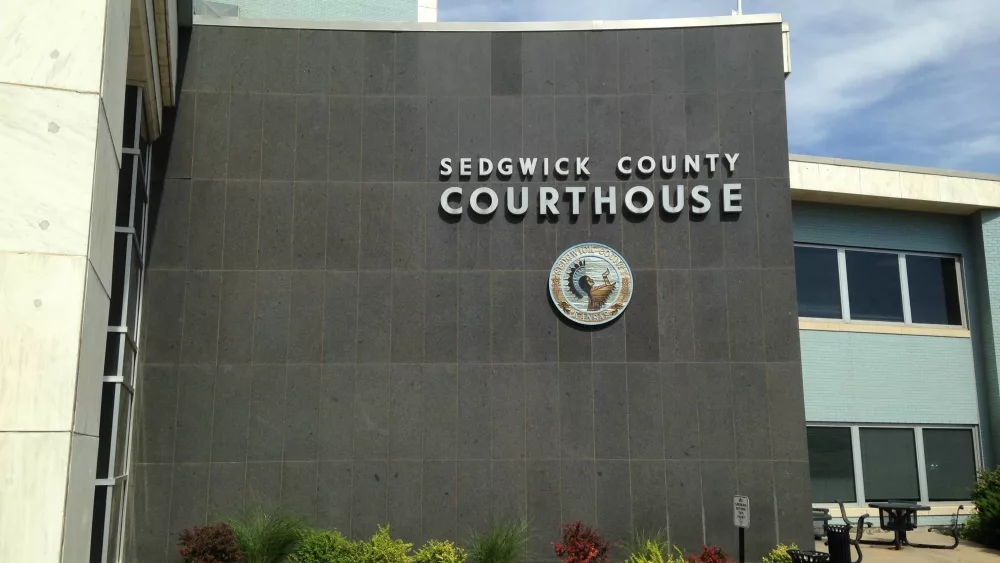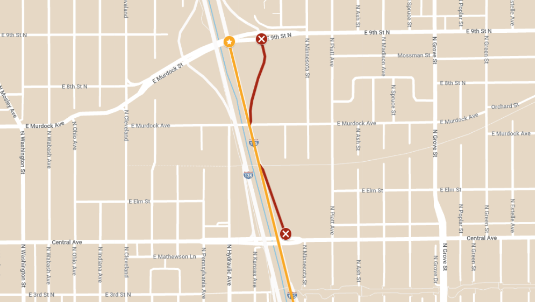By Margaret Stafford and John Hanna, Associated Press:
Democratic Governor Laura Kelly is proposing that Kansas legalize marijuana for medical use to generate revenues that would finance an expansion of the state’s Medicaid health coverage for the needy.
Kelly announced her proposal Monday. She has made expanding Medicaid for as many as 165,000 additional Kansas residents a top priority since becoming governor two years ago, but top Republicans in the GOP-controlled Legislature have prevented its passage.
Kelly also previously said she’d sign a medical marijuana bill but she hadn’t actively pushed the idea. She is wedding two ideas that are likely to face strong opposition among Republican legislative leaders and many rank-and-file GOP lawmakers.
From KFDI News:
In a press release, the Governor said she is proposing legislation to expand Medicaid and make Kansas the 48th state to legalize medical marijuana. She said her bill has the same components from a compromise bill that was introduced last year, with the following changes:
- The re-insurance program has been removed.
- The Medicaid Expansion Surcharge paid by Kansas hospitals to offset the state general fund costs of expanding Medicaid has been removed.
- In place of these two programs, a proposed medical marijuana bill has been inserted.
- This bill is modeled after Ohio’s framework and similar to the bill that has been proposed by House Republicans.
- The fiscal note of this portion of the bill should more than offset the state general fund costs of Medicaid Expansion.
Medicaid would be expanded to the full 138 percent federal poverty line at a 90 percent to 10-percent match from the federal government. Individuals will be required to pay a premium not to exceed $25 per person or $100 per family, with a provision to grant exceptions based on hardship.







